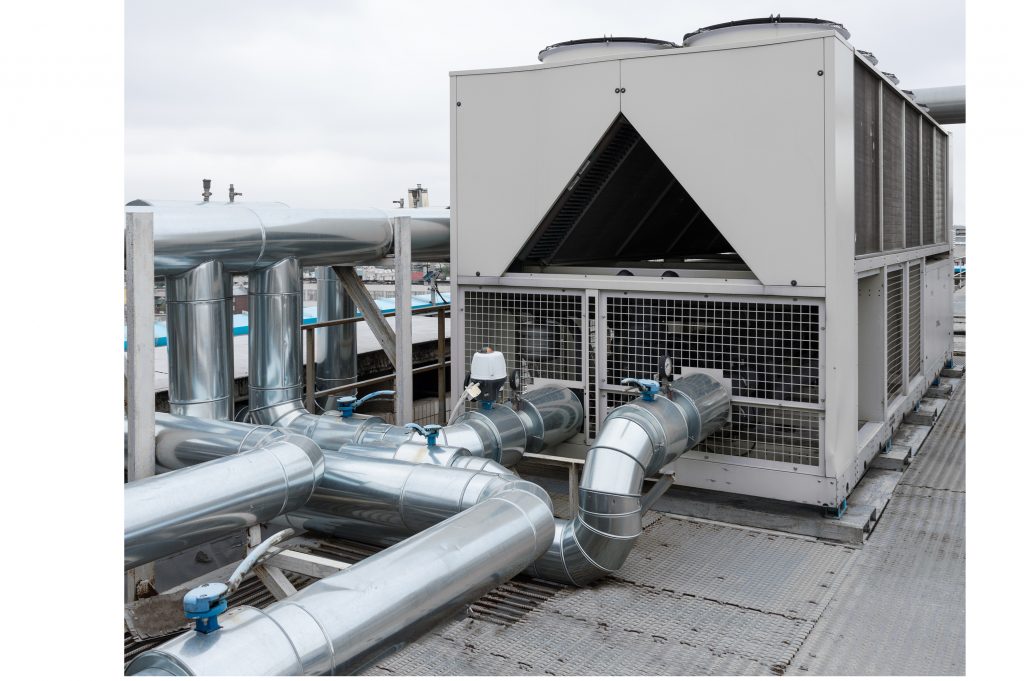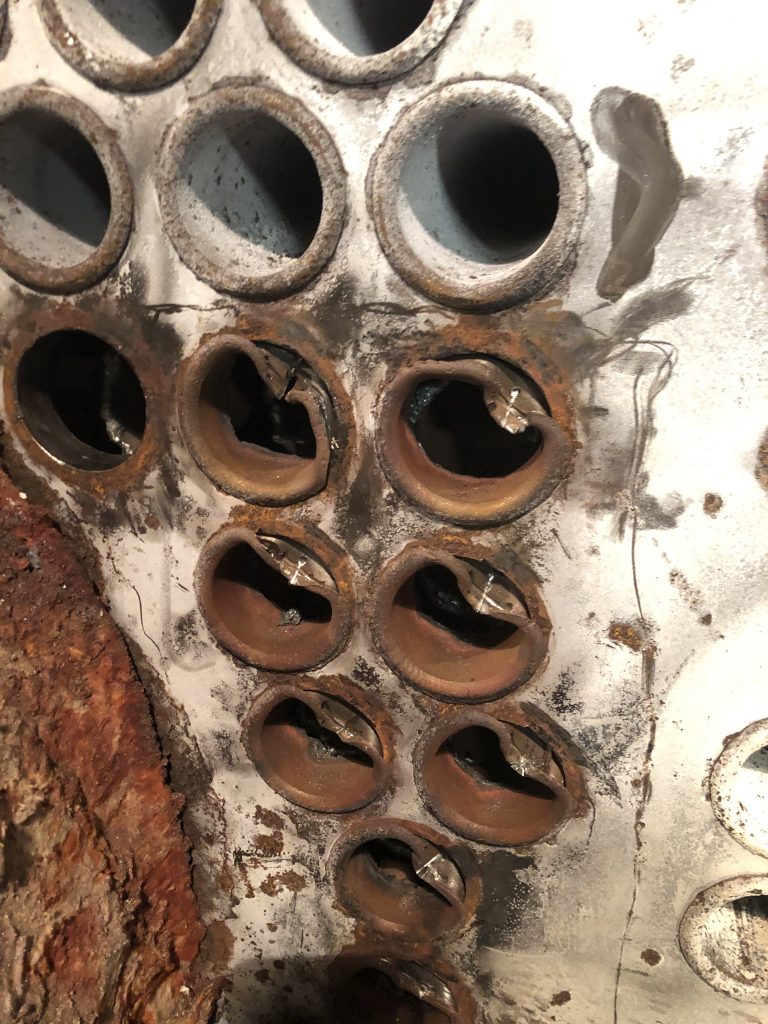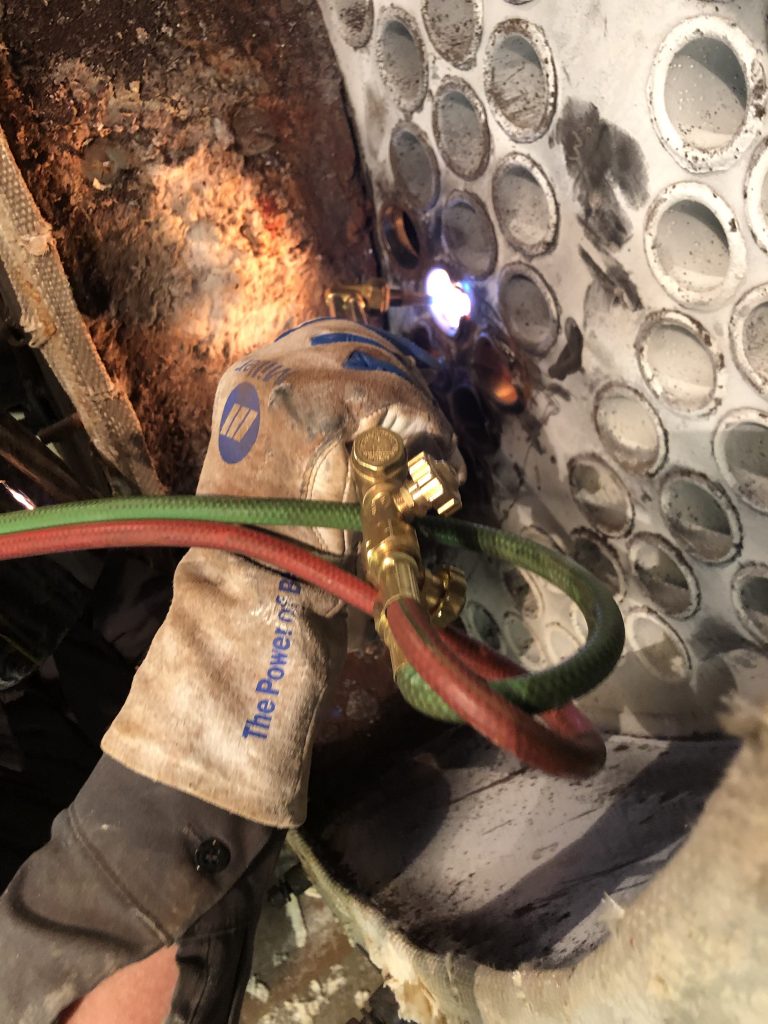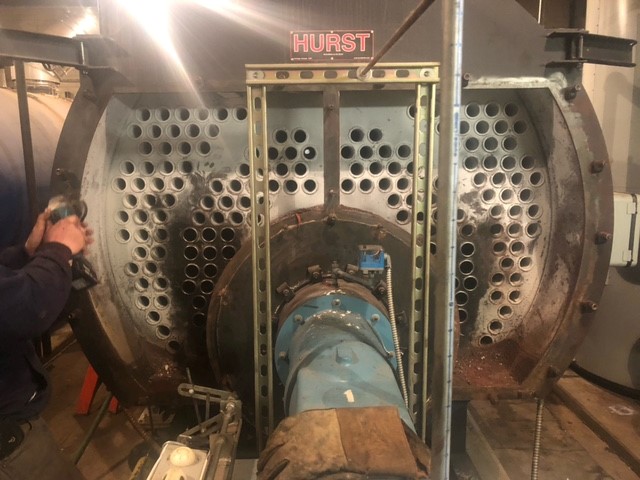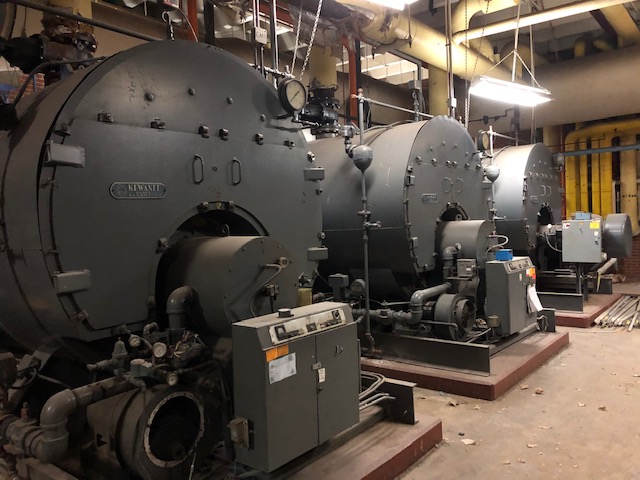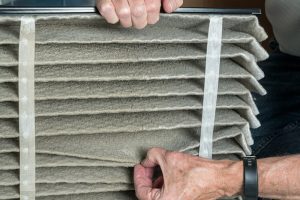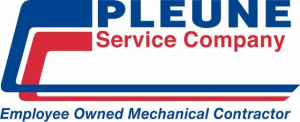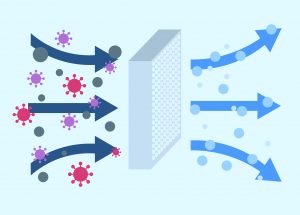As a business, do you run a credit history check on a business you plan to do work with? Many companies do not have this as part of their standard business practice and it could be costing them much more money than they realize.
By getting a business credit report you get a large amount of information to help your business make decisions about the relationship you want to form with the company you are credit checking. A credit report contains a compilation of information regarding the way a business has been handling their debt. It includes information such as the amount of debt the business has accumulated, how it pays its bills, whether the business has filed for bankruptcy and other credit related information.
Where does this credit information comes from? Well, credit information comes from organizations referred to as credit reporting agencies or credit bureaus. Credit bureaus make agreements with businesses in which they send debt information to a pool from which they can all access shared credit information.
Credit checks on a business customer can also help to improve your business cash flow. One of the most effective (and often overlooked) ways of ensuring your cash flow is positive is by controlling the quality of your customers. A quality customer is not just a customer who pays their debt, it’s a customer who pays their debt on time. Because when it comes to cash flow matters, it’s not only about payment of debts by your customer but also the predictability of these payments.
We can all agree that a company’s ability to attract new customers is what keeps the business growing. However, with these new opportunities, most business operators are tempted to begin business with new customers without really knowing enough about them. And this is risky because unless the customer is paying up front (which rarely happens), you’ll be selling your product on credit to a stranger.
Think of it this way; you are a bank that gives loans to strangers without evaluating the possibility of getting your money back. It wouldn’t be a great business model if banks did this, would it? By not doing your research to know exactly who you are working with, you could fail to identify crucial information that could indicate late payment or worse – no payment at all.
Let’s face it not all customers that approach your business are financially stable, which means you could find yourself chasing after owed money for a very long time. Waiting on money from an unreliable customer means that you’ll be unable to pay your suppliers, pay your workforce and cover other production overheads. In addition to disrupting operations this will create a bad reputation for your business which will negatively impact your own credit.
This is where credit checking comes in. By performing a credit check on your customers, you are able to take a peek at their financial situation and their past payment behaviours. From this, you’ll be able to make informed decisions about the customer you are working with. Performing credit checks on your customers helps improve your cash flow in the following ways:
- Determining your customers’ long term survival. You do not want to get into business with a company that is likely to go bust in a few months. By conducting a credit check on your customers, you will be able to identify companies that are not doing well financially and those that have already filed for bankruptcy. With this information you will be able to set the terms of trade without putting the survival of your business in jeopardy.
- Determining credit worthiness. All customers present themselves as good debtors who pay their debts on time. By checking the credit of your customers, you will be able to find out for yourself whether the business is likely to pay or not. If the business has a good credit rating then you can almost be sure that they will pay their debt as expected. This will help you ward off bad debts that could significantly affect cash flow and even the future of your business.
- Planning. Maintaining a positive cash flow is not only dependent on your customers paying their debts but also on the predictability of their payments. If you can predict accurately when a customer will settle their debt, then you can plan your budget better. A credit check will help you determine whether the company you are doing business with will actually pay within the agreed upon timeframe.
- Determining the terms of trade to use. When you have a good understanding of the customer’s capacity to clear their debt, then you are able to create trade terms that are most suitable for them. You can sell on a cash only basis to poorly rated customers and allow credit facilities for those with good credit rating. You can also include incentives and penalties for early and late payments respectively.
An annual subscription to a reputable credit agency to allow you to run business credit checks early on in the business relationship process will more than pay for itself in lower A/R balances, less bad debt, wasted resources on collecting outstanding payments and positive cash flow for your business.


